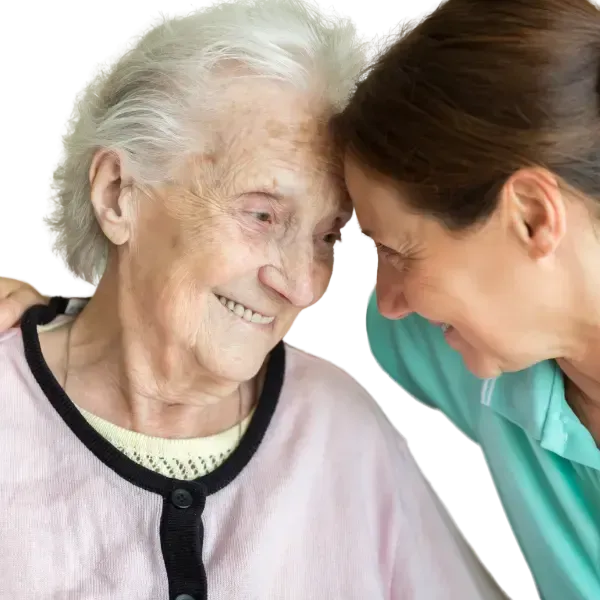How to Avoid Caregiver Burnout: Practical Tips for Family Caregivers
Caring for an aging parent or loved one can be one of the most meaningful roles you’ll ever have, but it can also be one of the hardest. Many family caregivers put their own needs last, juggling work, family, and care responsibilities until exhaustion takes over. That’s what’s known as caregiver burnout, a state of physical, emotional, and mental fatigue that builds up over time.
At CareMatch Services, we work with many families who’ve reached this point and simply need a break. Here’s how to recognize burnout before it gets serious, and what you can do to protect your own well-being while continuing to care for someone you love.

1. Recognize the Early Signs of Burnout
Burnout doesn’t happen overnight. It builds slowly through long hours, emotional strain, and lack of support. Common signs include:
Constant fatigue or trouble sleeping
Irritability or emotional outbursts
Feeling helpless, resentful, or detached
Frequent illnesses or body aches
Losing interest in hobbies or social activities
If you recognize several of these symptoms, it’s time to pause and make changes—before your health suffers.
2. Accept That You Can’t Do It All
Many family caregivers feel guilty for needing help, but caring for someone full-time is more than one person can manage alone. Accepting that truth isn’t failure, it’s self-awareness. Sharing responsibilities, even just a few hours a week, can make a huge difference.
3. Schedule Regular Breaks (and Actually Take Them)
Rest isn’t optional. Whether it’s a short daily walk, a weekly lunch with friends, or a weekend off, plan your breaks and protect that time.
If you don’t have anyone who can step in, you can hire part-time help through CareMatch Services, where caregivers work directly with families at an affordable rate.
4. Stay Connected and Informed
Isolation worsens stress. Join a local or online support group for caregivers. Talking with others who understand your challenges can lighten your emotional load and provide practical ideas for daily care.
Community organizations, senior centers, and churches often host free classes or support groups, many even online, to help caregivers find balance and connection.
5. Don’t Ignore Your Own Health
Caregivers often skip doctor’s appointments or meals. Remember that your health directly impacts your loved one’s well-being. Eat balanced meals, stay hydrated, and get regular exercise. Even a 10-minute daily walk can boost energy and reduce stress hormones.
6. Know When to Ask for Help
If you’re feeling overwhelmed, it might be time to bring in outside support.
At CareMatch Services, families are matched with trusted, independent caregivers for companionship, personal care, transportation, and more, without the high markup of traditional home care agencies. You stay in control, and your loved one gets the care they need.
Final Thoughts
Caring for someone you love is a beautiful act of compassion, but you can’t pour from an empty cup. Taking time to rest, recharge, and ask for help isn’t selfish; it’s what allows you to keep caring with patience and love.
If you ever need temporary or long-term help at home, our team at CareMatch Services can guide you through your options and connect you with a reliable caregiver in your area.


